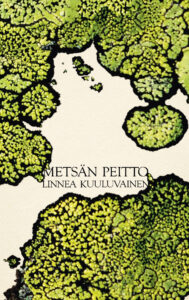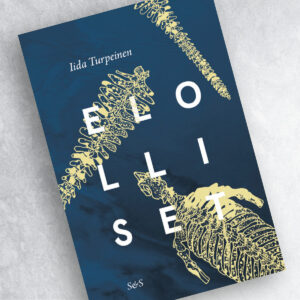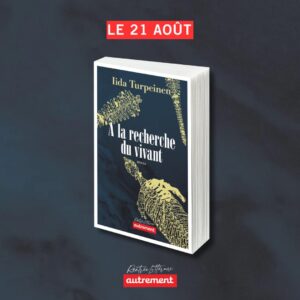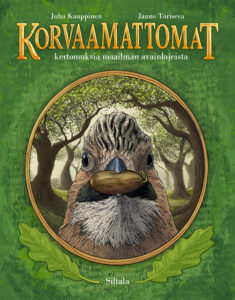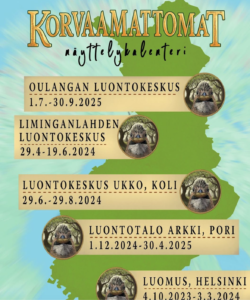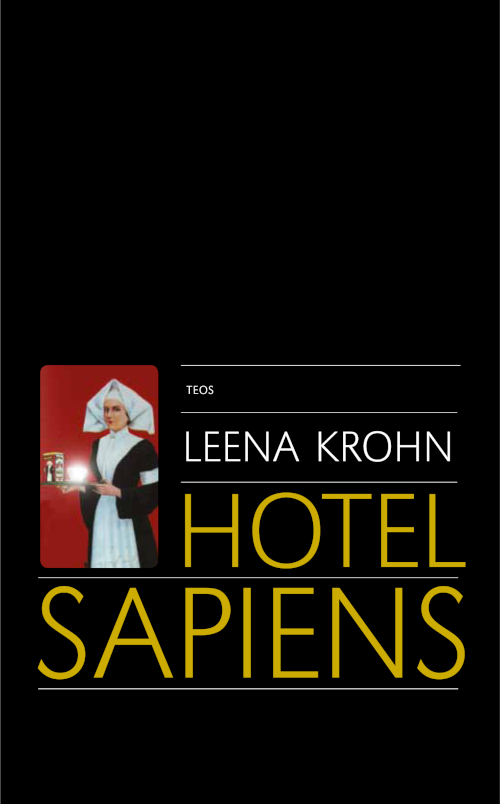The Thick of the Forest by Linnea Kuuluvainen is nominated for the Helsingin Sanomat Literature Prize, awarded yearly to the best debut.
Breaking news from the Helsinki Book Fair: The Thick of the Forest by Linnea Kuuluvainen has been nominated for the Helsingin Sanomat Literature Prize, a yearly award for the best Finnish debut.
Helsingin Sanomat is the largest national newspaper in Finland, and this literary award dates back to 1995, and the winner will be announced on November 14th. Last year, the award went to Iida Turpeinen’s Beasts of the Sea.
The Thick of the Forest is set in a near future where nature has started fighting back against humanity, destroying the world as we know it. To escape nature’s vengeance and isolate themselves from it as well as they can, people have fled to small city-states surrounded by walls. One of them is the former city of Turku, where a tightly guarded Nation has been established. Ingrid grew up in this new world, and has lived all her life in the Nation. After her mother’s death, she gets a job with a research group called Wild Rosemary, whose task is to map the conditions outside the walls of the Nation. Although the forest has been pacified, it is still angry and dangerous, and soon there is discord among the researchers as well.
Mixing elements from Orwell’s 1984 and Margaret Atwood’s The Handmaid’s Tale in the unique setting of a Finnish forest capable of utter destruction, The Thick of the Forest is an entrancing and linguistically captivating first novel about a forest that haunts people and two women, Edla and Ingrid, whose stories intersect. The result is a rich telling of the relationship between mankind and nature, and of how the lines dividing them become increasingly blurry in the depth of the forest. In Finland, the book is published by Gummerus, and has been welcomed with glowing reviews by Finnish critics and media, where some hailed it as the best debut since Emmi Itäranta’s Memory of Water.
The foreign rights have so far been sold to Croatia, where the book will be published by Hangar 7.
In Finland, The Thick of the Forest is published by Gummerus.
Congratulations to the author and the publisher, and fingers crossed!

